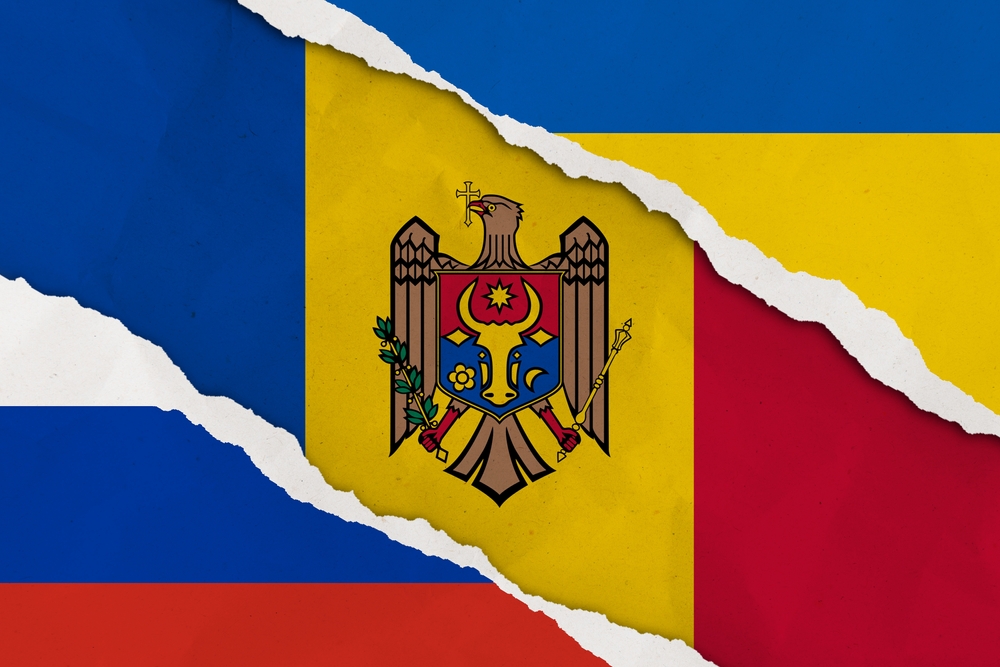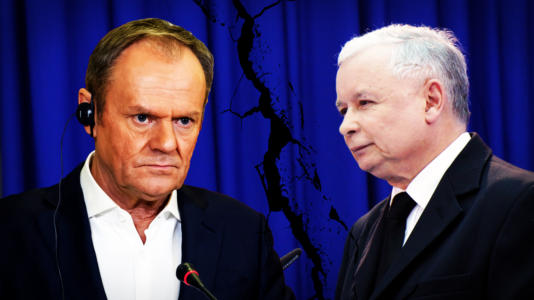Moldova is facing a serious energy crisis after Ukraine did not extend its gas transit agreement with Russia’s Gazprom. With its latest move to cut Russian gas supplies through its territory, Kyiv has prevented the revenues from supporting Russia’s war in Ukraine; however, European countries dependent on Russian gas are expected to suffer, and perhaps none more so than Moldova, especially the breakaway region of Transnistria.
The pro-Russian Transnistria economy is completely dependent on Russian gas, but now that supply has been cut off. The heating in Transnistria has been turned off, and it is not yet known how long this situation will last, according to Hungarian news outlet Mandiner.
“There is no heating or hot water,” an employee of local energy company Tirasteploenergo said in an interview with Reuters. She spoke to the news agency by phone from Tiraspol, the main city of the breakaway territory and stated she did not know how long the situation would last.
In Transnistria, due to the energy crisis, only hospitals and vital infrastructure are heated, and there is minimal heating in homes. Local authorities are setting up “warming points” and asking residents to use blankets to help stay warm.
The region’s main power plant in Kurchugan runs on coal, but this supply is only enough for 50 days.
This also poses a serious problem for all of Moldova, which receives 80 percent of its electricity from Kurchugan.
Chişinău is trying to buy energy from European sources, but this will lead to a significant increase in costs.
Gazprom says Moldova owes nearly $700 million, while Chisinau claims the debt is only $9 million, most of which has already been settled. Moscow’s goal is economic and social destabilization, which could undermine Moldova’s EU aspirations and boost the chances of pro-Russian forces in the 2025 parliamentary elections. The Kremlin remains opposed to pro-Western President Maia Sandu, who is known for her close ties to the West.
The energy crisis could further deepen Moldova’s economic and social problems, especially among the poorer population.
Discontent is growing due to the drastic increase in electricity and gas prices, which Russia could exploit to strengthen its political influence.
Analyst Jakub Pieńkowski told BBC that he predicts all of this will benefit Russia over the long term.
“Russia can wait for the elections and then parties who are not pro-EU will probably win,” said Pieńkowski. “Because Maia Sandu can talk about EU accession, but what use is that if people don’t have money for electricity or gas? This is the aim for Russia.”
The population of Transnistria is in a particularly difficult situation, and the lack of supplies could lead to a further deterioration of living conditions and social unrest. In fact, there, the long-term consequences of the crisis could also jeopardize Moldova’s EU integration.






